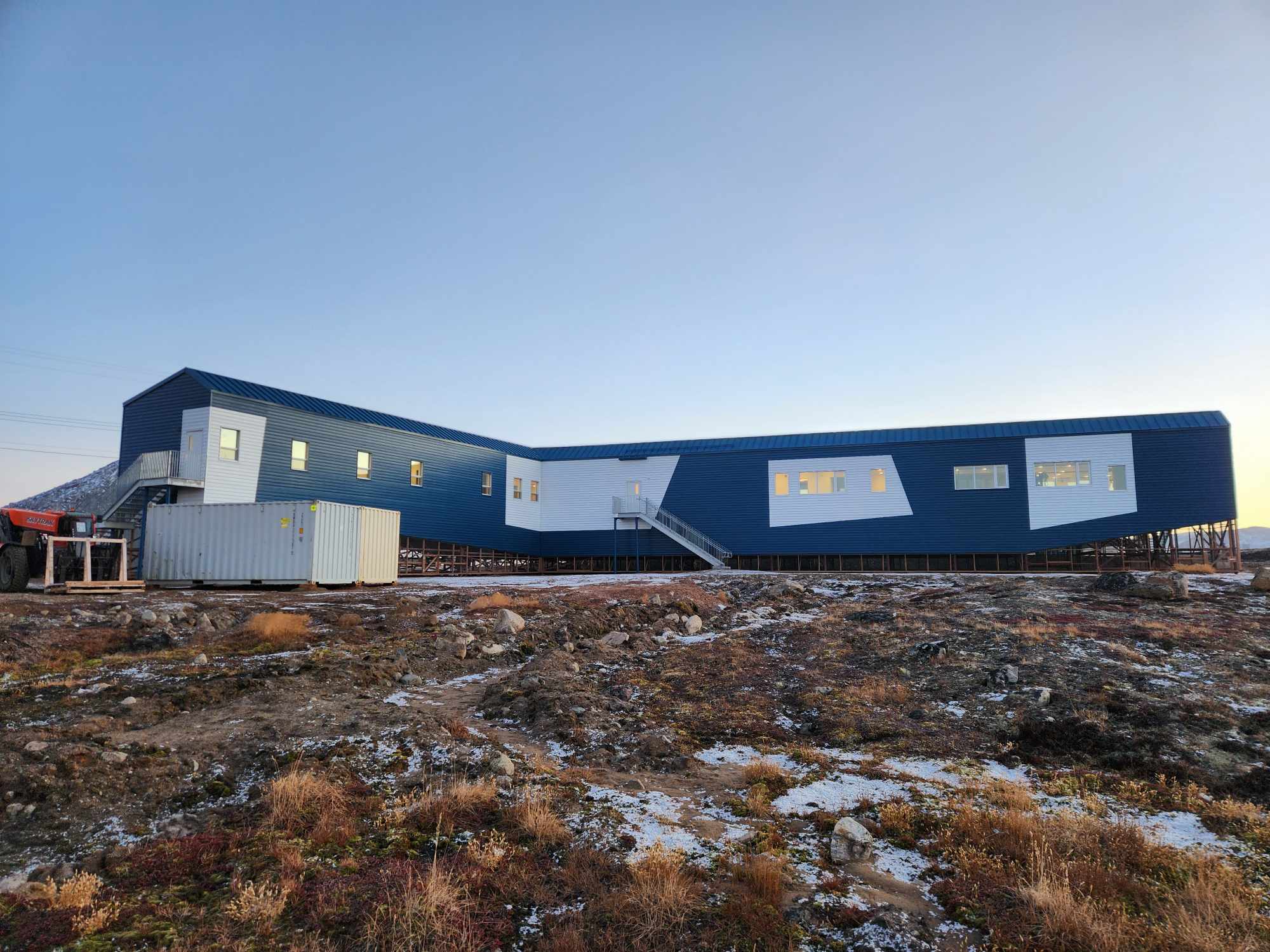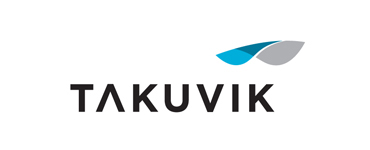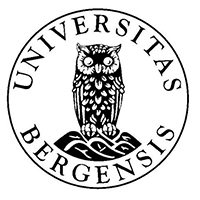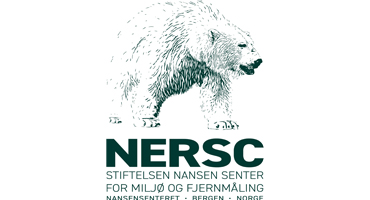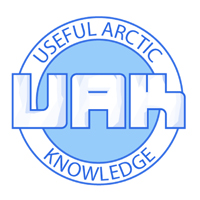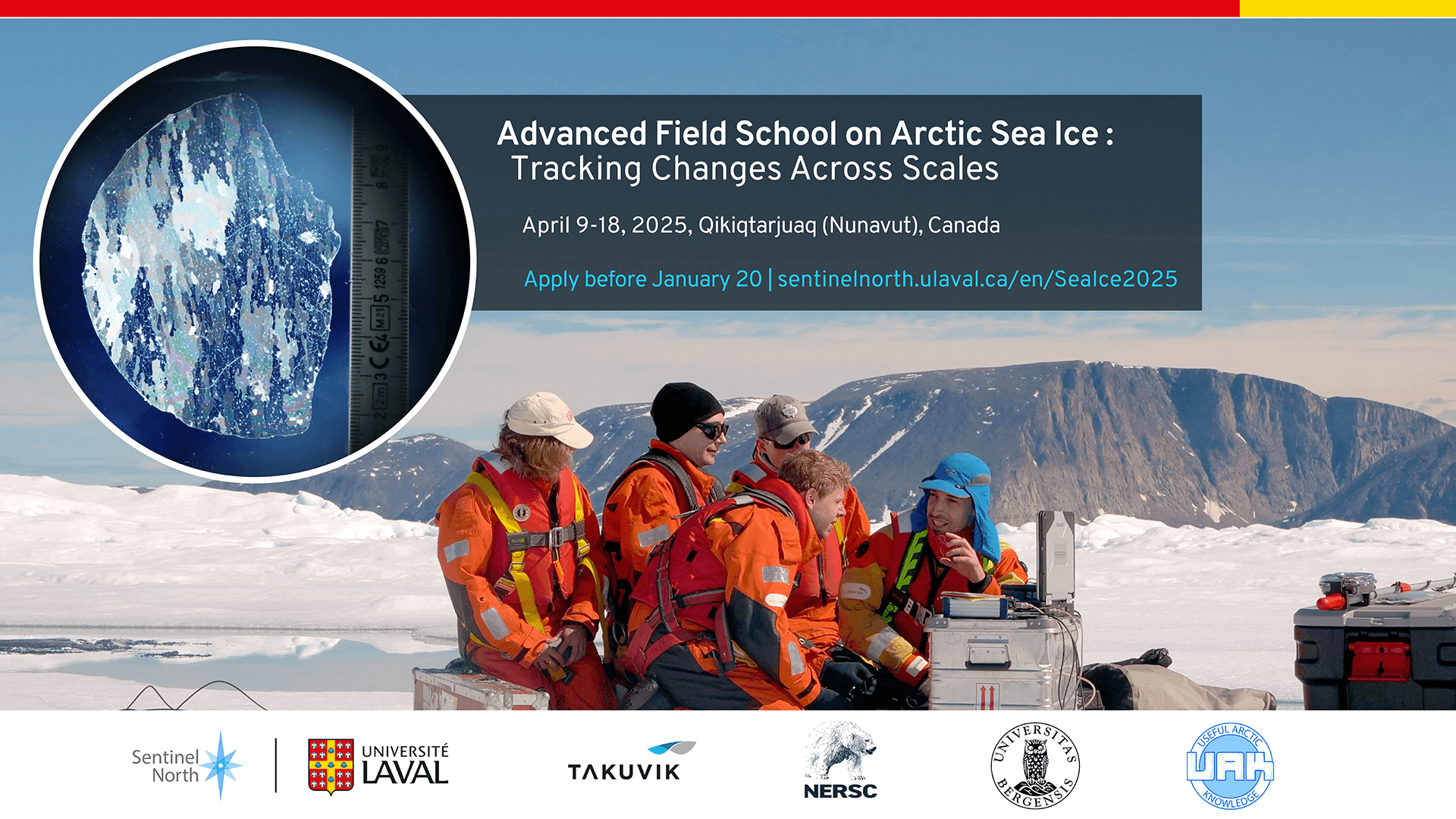Advanced Field School on Arctic Sea Ice : Tracking Changes Across Scales
April 9-18, 2025, Qikiqtarjuaq, Nunavut, Canada
Under the leadership of the Sentinel North program of Université Laval (Quebec City, Canada) and the UAK international initiative, this advanced field school on arctic sea ice offers students a unique opportunity to engage with leading scientists and experienced professionals through a transdisciplinary, cutting-edge training program. Taking part in an actual ocean research program, participants will gain a better understanding of sea ice changes in the Canadian Arctic, from microstructures to icy landscapes, and explore their cascading impact on ecosystems, northern communities and global climates.
Hosted at the Qikiqtarjuaq Research Station (Nunavut, Canada) (67° 33′ N, 64° 01′ W), this field school provides an integrative learning experience across a wide range of disciplines including optics-photonics, Arctic marine biology and ecology, marine physics, biochemistry and remote sensing. Participants will also have the opportunity to interact with community members of Qikiqtarjuaq, gaining insight into the richness of Inuit knowledge and perspectives on sea ice and the challenges northern communities face in relation to climate variability and change.
Photos and testimonials
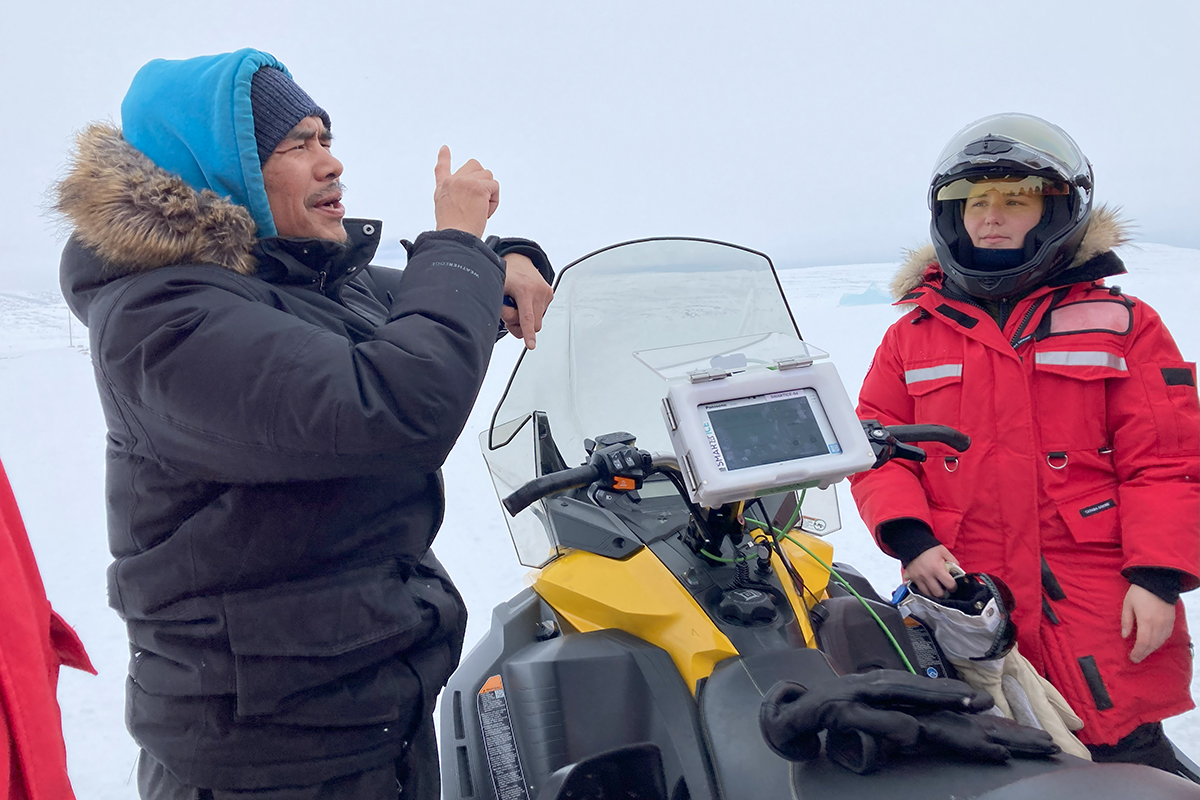 | 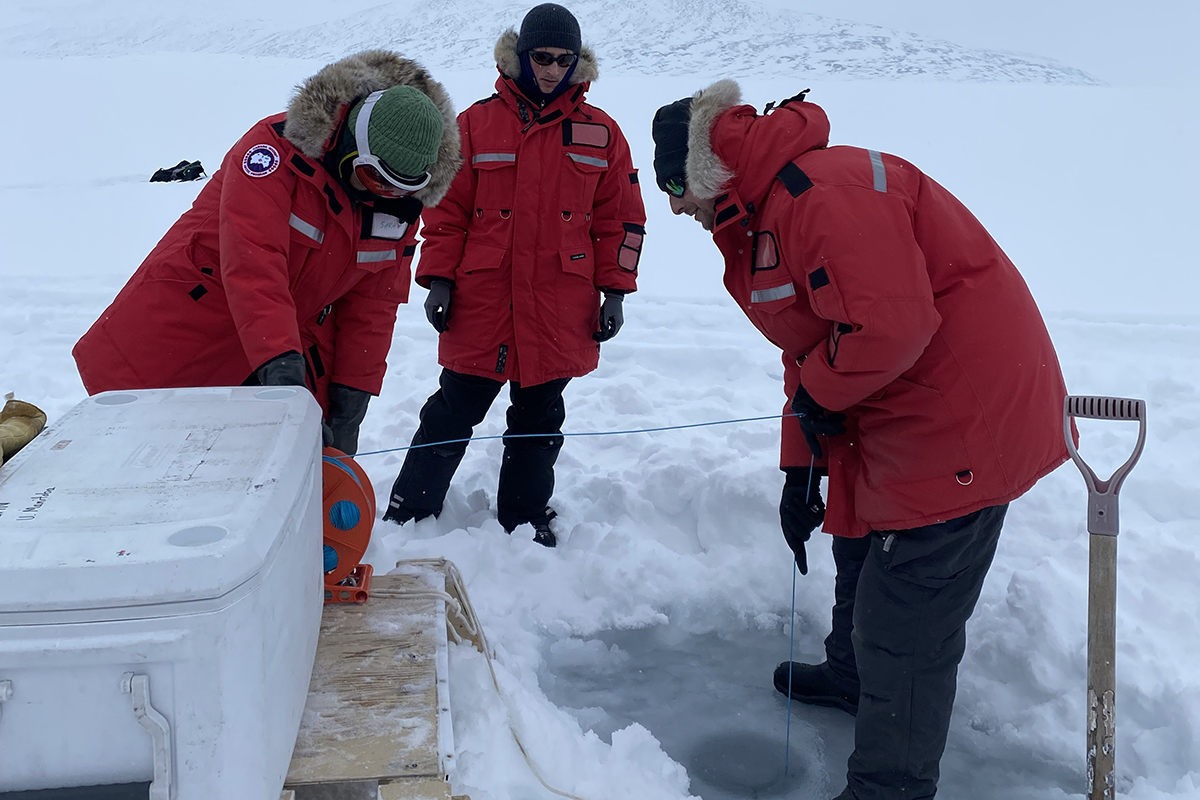 | 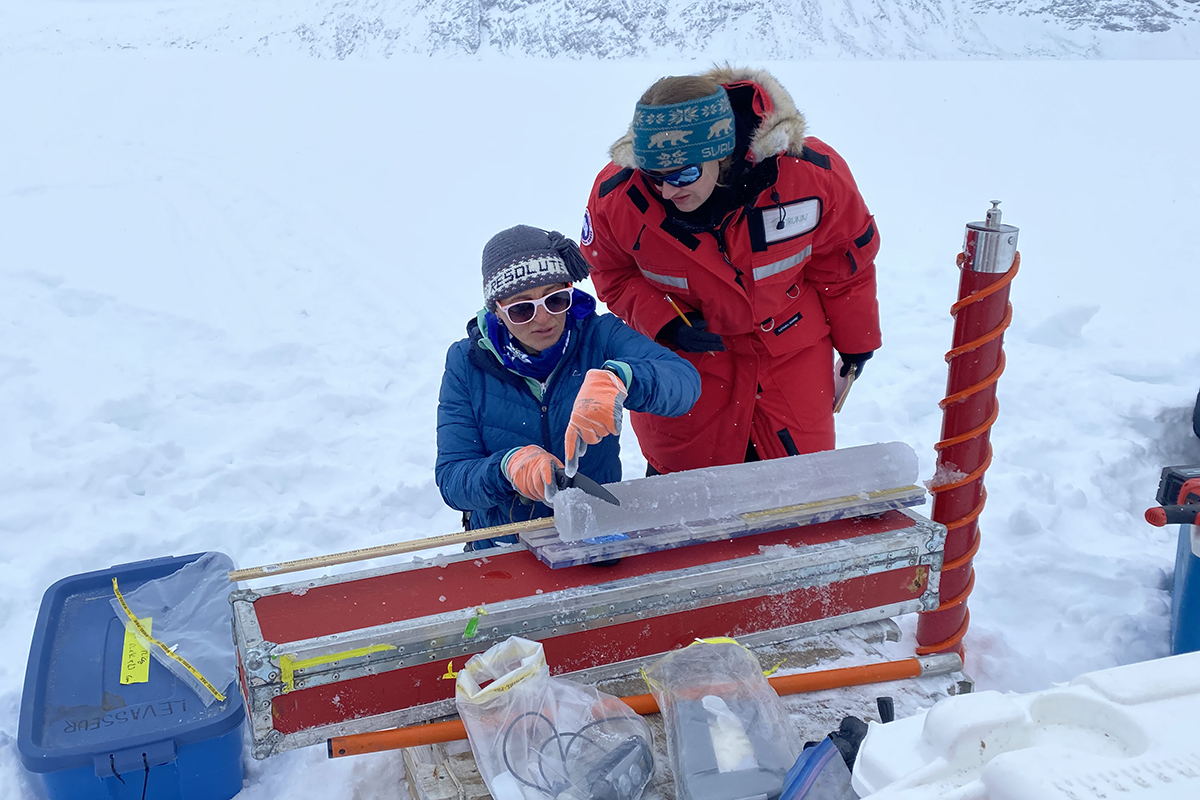 | 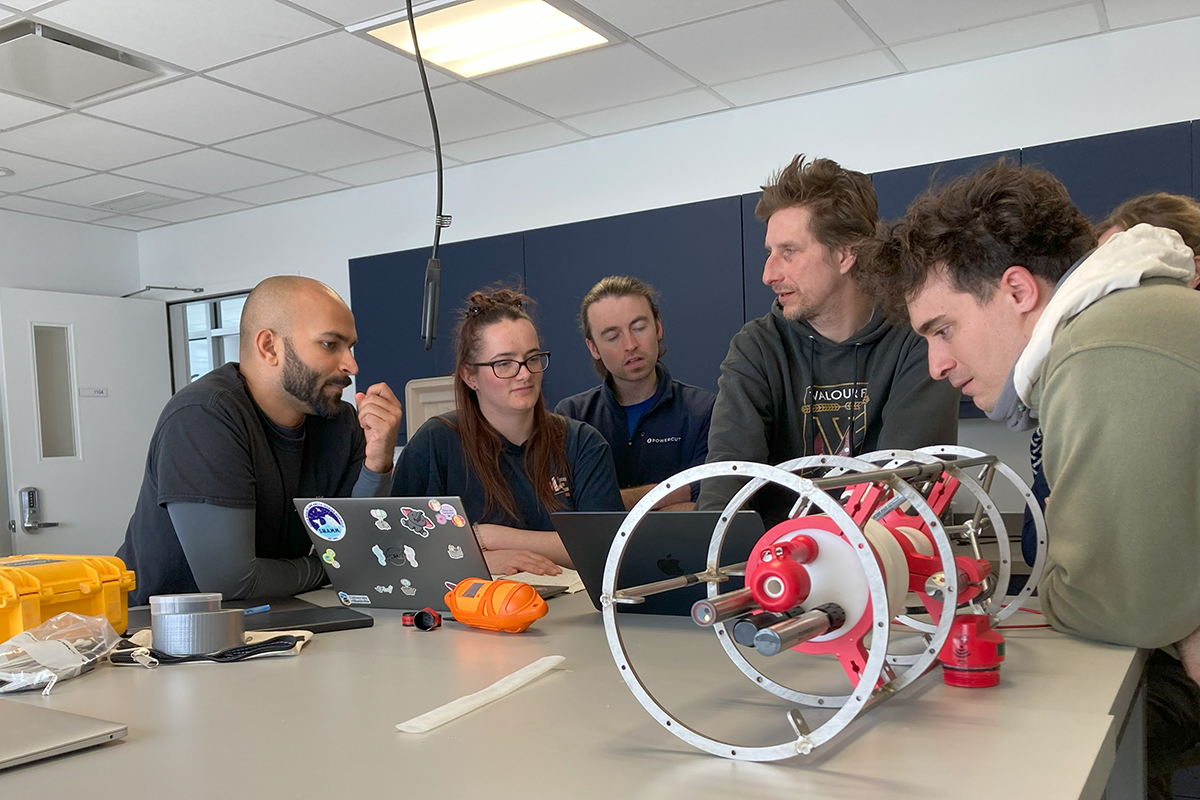 | 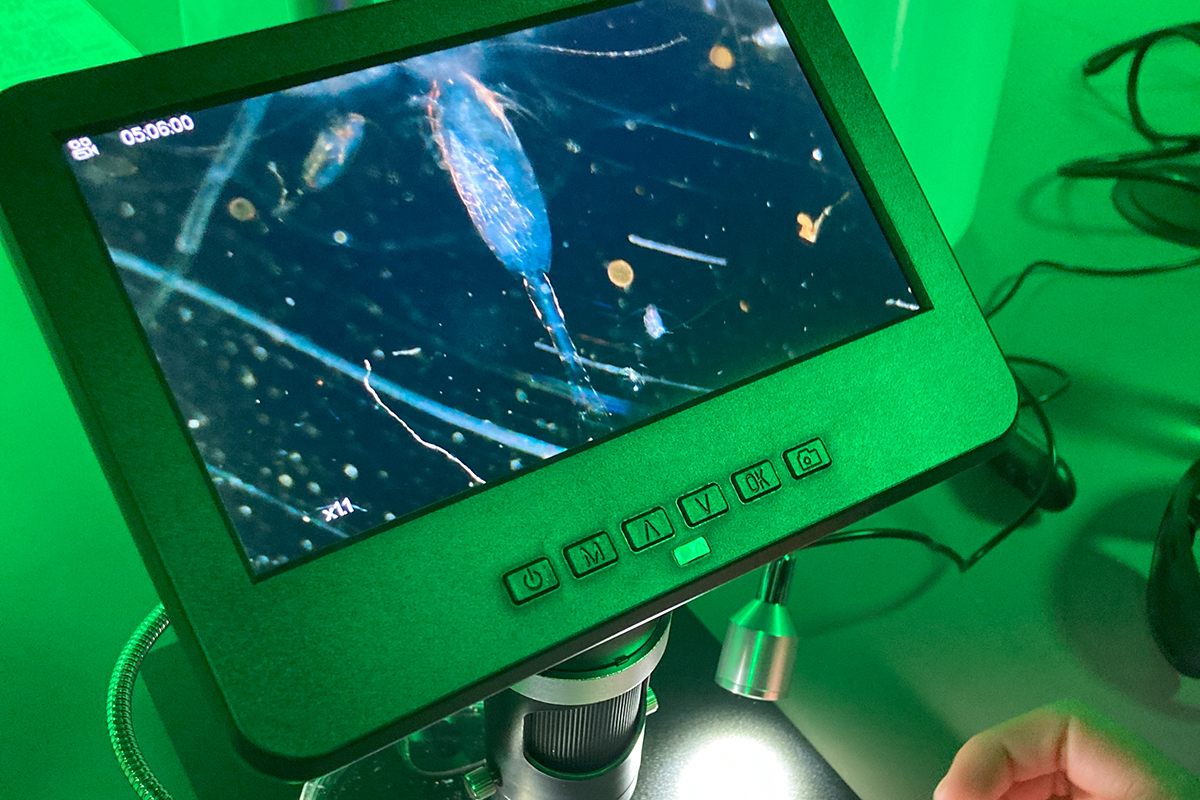 |
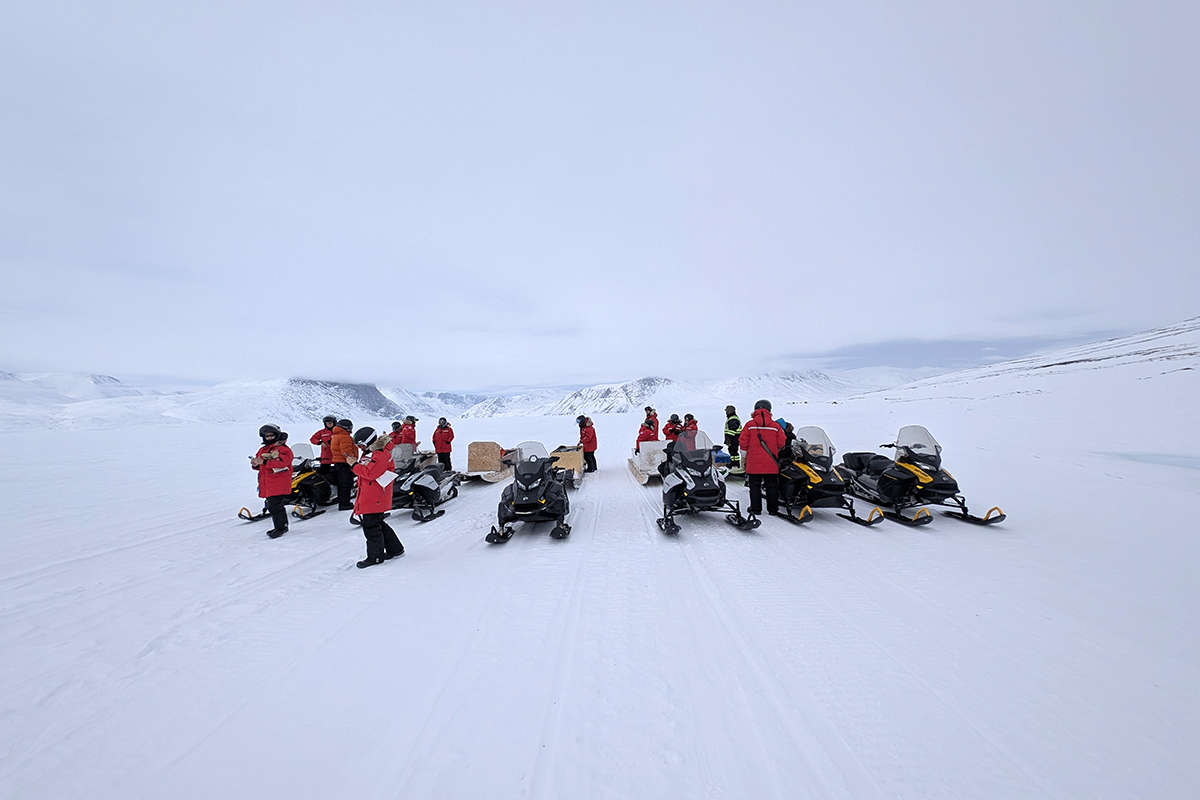 | 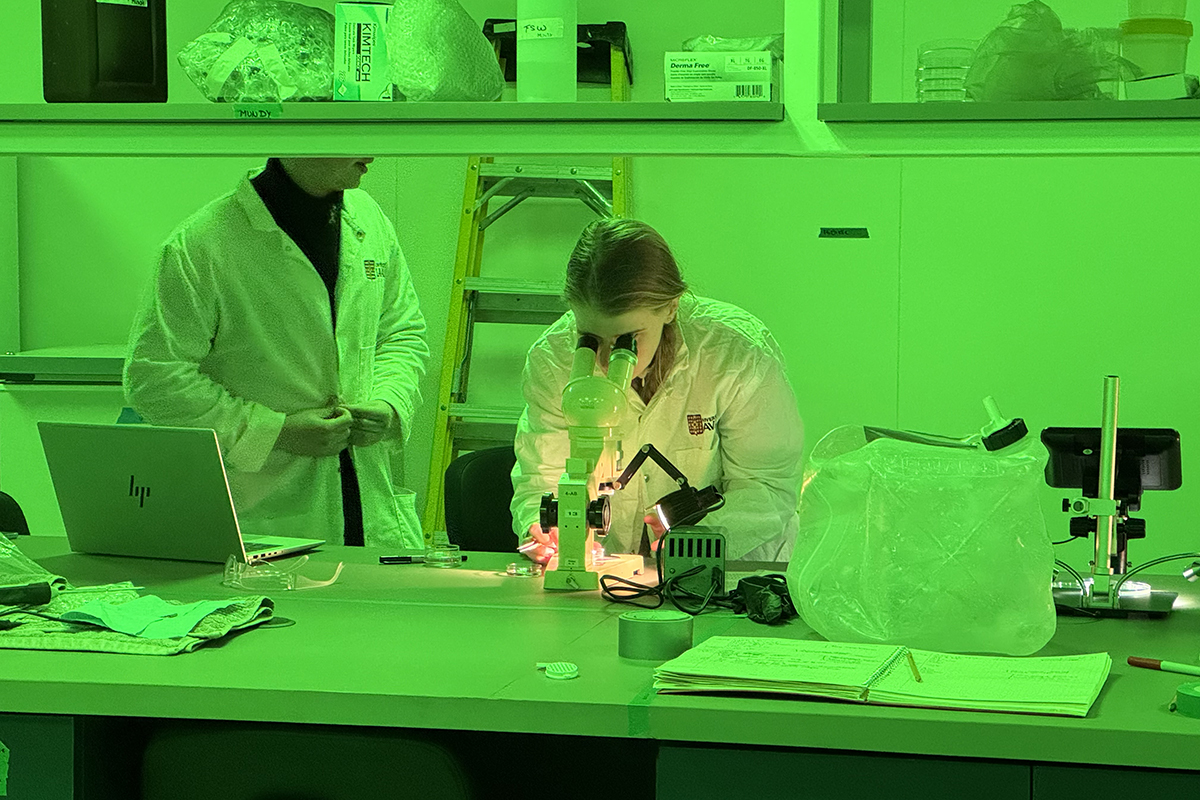 | 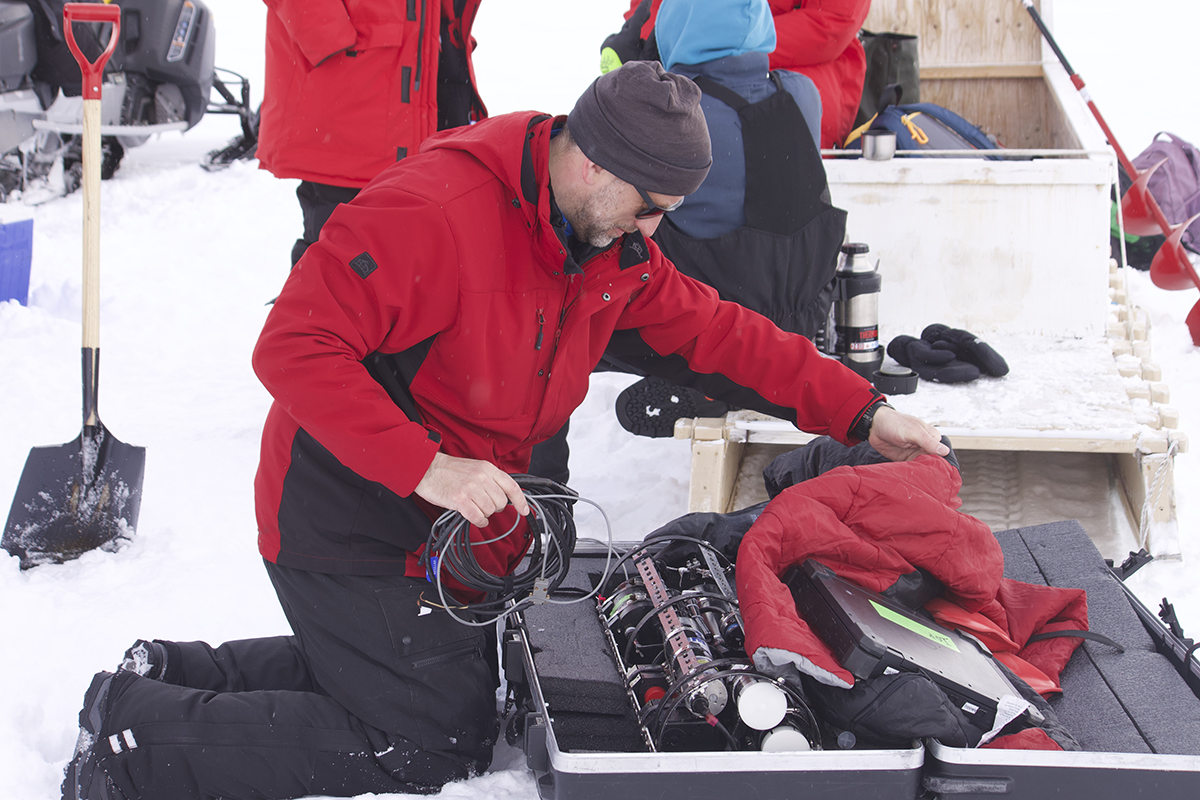 | 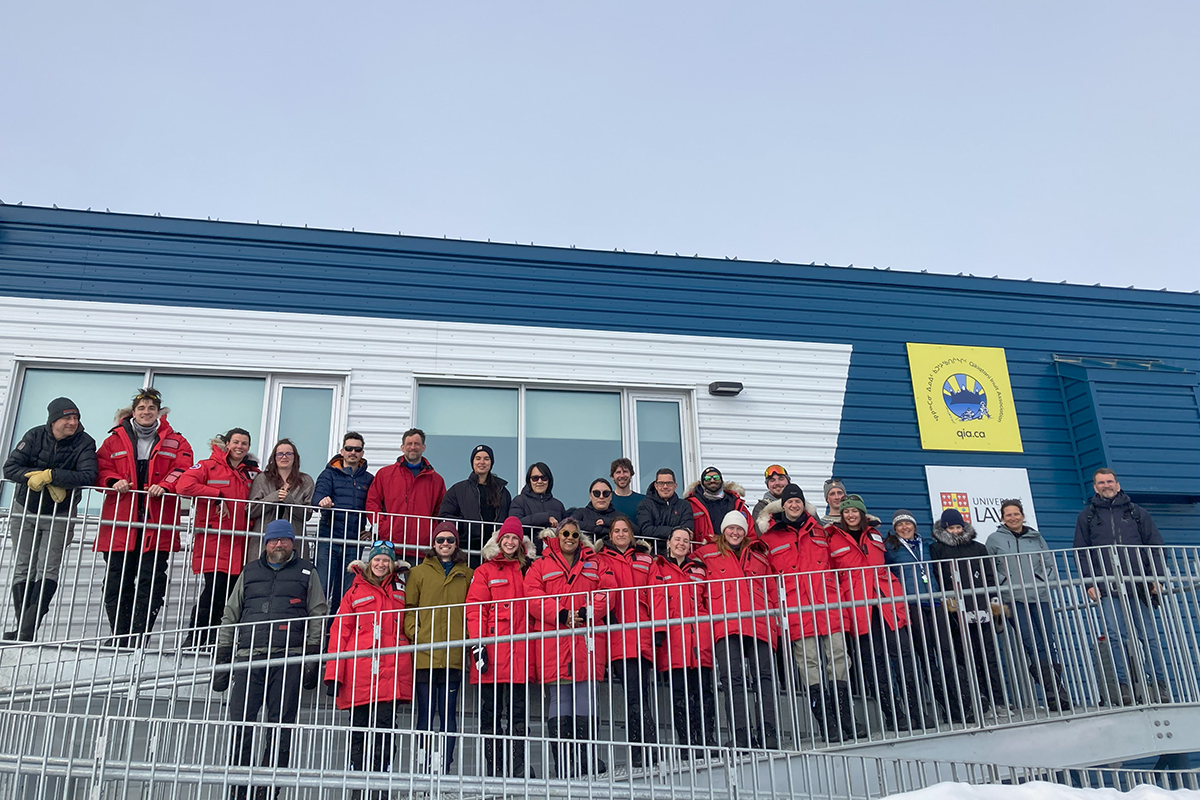 | 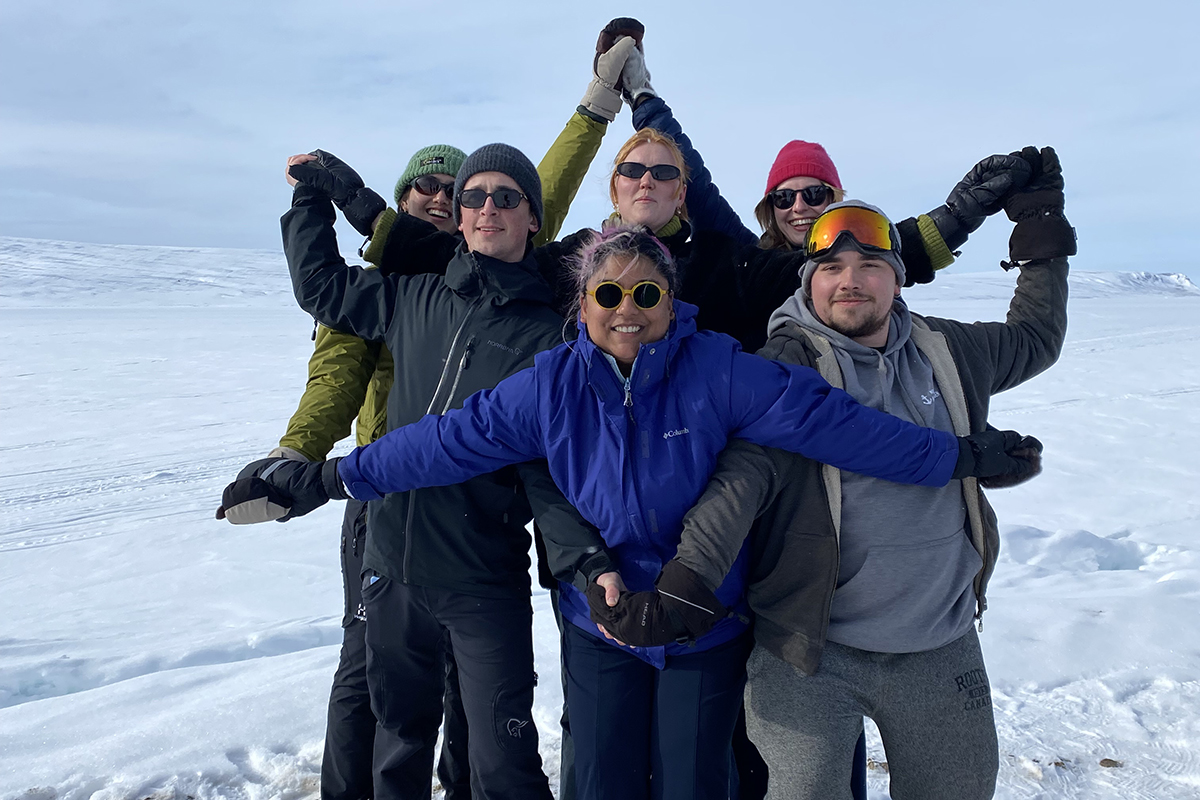 |
Attending this school was a very good experience. The mix of lectures, hands-on fieldwork, and group work made it easy to learn in different ways. I got to explore topics I hadn’t worked on before, and it made me consider new options for the future. I also really enjoyed being outdoors and doing practical tasks. One of the best parts was meeting people with different backgrounds and interests, both the mentors and the other participants. I hope to stay in touch with many of them. Anna Haarsaker Olaussen, Master's student in Ocean Technology, The course was a great experience both intellectually and socially. Being able to talk with great scientists about their projects and learning more about their field was amazing. The discussion with the other students was really interesting and gave me another point of view on different topics and opened new windows for my research. In addition, everyone was super friendly and kind, I really enjoyed to have so many discussions and to learn more about what everyone was doing. The cherry on the cake was being able to go in the Arctic, meet the community (I am still impressed by the throat singing) and to go out on the field. Mathilde Guillaume, Ph.D. student in Environment and Geography, I was particularly amazed at the structure of the program; specifically how the coursework aligned with the fieldwork we later conducted. I really applaud the planning of this course as it was so smooth that we could really focus on the research. Khashiff Miranda, Ph.D student in Biology, Participating in the Arctic sea ice field course was a truly eye-opening experience. From hands-on scientific research in extreme conditions to meaningful cultural exchanges with the local Inuit community, the course offered deep insights into both nature and collaboration. It reshaped how I view science. Sara Wergeland, Master's student in Ocean Technology, |


